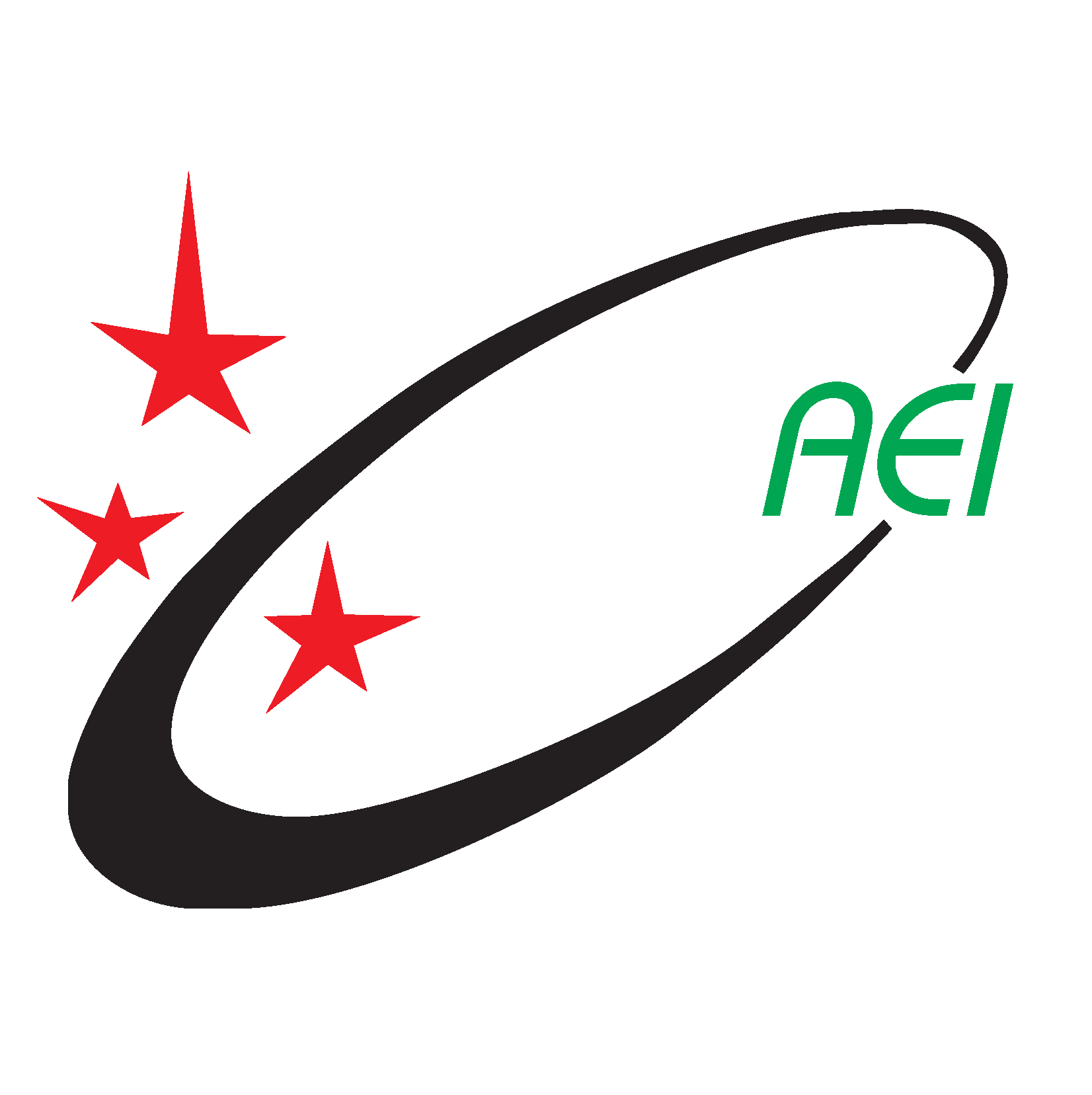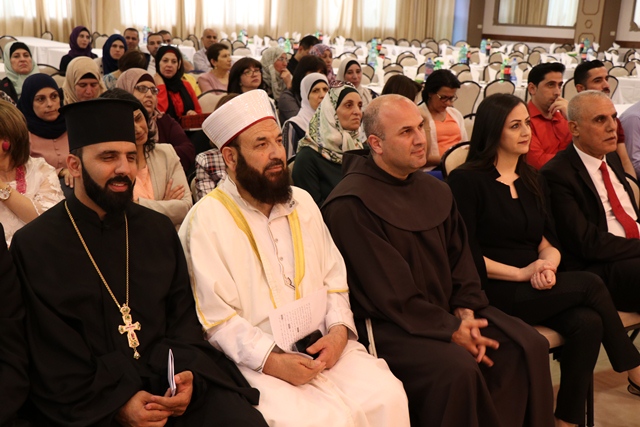During the last school year in total 984 Palestinian Moslem and Christian students were trained in inter-religious education as part of AEI’s long standing program Citizenship and Diversity. Participation came from 27 private and government schools in the Bethlehem and Ramallah regions as well as AEI’s faith group. For us at AEI and in the schools, this is once again a remarkable achievement.
The topics were agreed upon by the teachers religious education – Moslem and Christian:
- How to live and practice the values of equal, responsible and participatory citizenship as Moslems and Christians, respecting the other.
- Covid-19 and its repercussions on the students’ lives
- The need for acts of love, mercy and protection of the vulnerable
- Sumud as a strategic approach for life inspired by Moslem and Christian values
- Citizenship, learning, media, conflicts and solidarity during the spread of COVID-19.
AEI listened to the teachers’ need for more support in online learning and training during the corona crisis. A separate enrichment project helped to develop online materials such as films, power points, model lessons and online games.
Instead of coordinated advocacy campaigns across schools – difficult to realize due to the mobility restrictions imposed by the Ministry of Education – individual schools organized advocacy initiatives in which the different meanings of sumud (spiritual, religious, educational and political) were translated to present-day time, under the Biblical slogan, “Let not your left hand know what your right hand does.”
Other annual activities took also place: teacher workshops, guest lectures, inter-religious celebrations, a fieldtrip, parents meetings and the documentation of model lessons.
Statement Abeer Khair
Below is a statement by the inspector Christian Religious Education Studies in the Bethlehem region, Abeer Khair, about AEI’s flagship program:
Throughout my ten-year experience as a teacher of Christian religious education at the Beit Jala Secondary school for Girls, I have implemented the Arab Educational Institute program, “Citizenship and Diversity: Christian-Muslim Living Together in Palestine.” The mission and activities of this program has helped me to discover the importance of diversity as a basis for the cultural development of communities. My participation and involvement in the program has also inspired me to communicate to my students that our homeland unites us and bring us together so as to serve our society.
In my application of the various activities every year, I experienced the positive impact of the students in their mentalities, thinking and behavior. My girls have been very eager, enthusiastic and interested in learning and knowing about the other’s religion. In addition, Christians and Muslim relationships and friendships have grown and helped to respect and accept one another.
During the Christian-Islamic joint religious education lessons, my students and I have acquired new, innovative strategies of learning and teaching. Students’ abilities in dialoging, interviewing, discussing, expressing their opinions, making decisions, solving problems of the youth and some public issues have greatly developed during their community advocacy campaigns, trainers’ presentations, joint Christian-Muslim celebrations, and the making of films, poetry and drama contributions.
Finally, this interreligious program has strengthened a number of concepts, especially sumud, citizenships, diversity, connectedness to the land, spiritual and religious common values. To conclude, I enjoy being part of such an essential program because it creates some positive changes inside my Palestinian society and has served civil peace and social harmony.
Our Lord Jesus Christ said, “Love one another as I loved you. By this all will know that you are my disciples” (John 15:12) .
As a teacher, my message is to disseminate or spread love and peace in my community.

